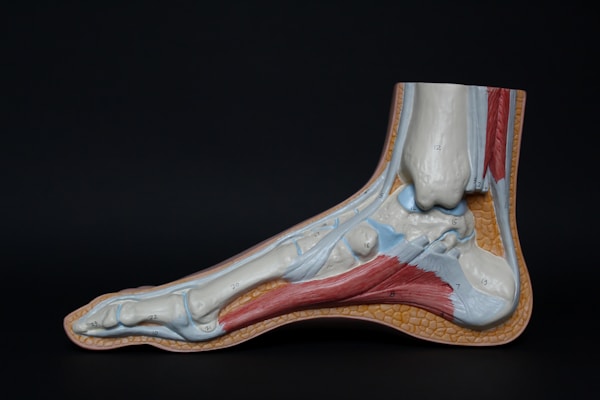The journey to recovery following a traumatic injury is often filled with physical, emotional, and psychological challenges that can seem overwhelming. This path calls for more than just personal strength—it requires a variety of specialized services designed to address the multi-dimensional impacts of the injury. Understanding these essential services is crucial to making informed decisions, ensuring the best possible outcomes, and facilitating a comprehensive recovery process.
Mental Health Support: PTSD Treatment
One of the most overlooked aspects of recovery from a traumatic injury is the emotional and psychological healing that needs to take place. The mental repercussions of a traumatic injury often persist long after the physical wounds have healed. Survivors can experience a range of emotional responses, from fear and anxiety to anger, sadness, and guilt. Among these mental health challenges, post-traumatic stress disorder (PTSD) is a common occurrence.
Engaging in PTSD therapy is an essential service for many, offering individuals the opportunity to process their experiences in a safe, supportive environment. A licensed mental health professional can provide survivors with coping strategies and techniques to manage their symptoms, helping them regain control over their lives. This service may include cognitive-behavioral therapy (CBT), eye movement desensitization and reprocessing (EMDR), and exposure therapy. These treatments are tailored to the individual’s unique experiences and needs, providing a personalized approach to mental health care.
Medical Expertise: The Role of the Orthopedic Surgeon

Physical injuries, particularly those involving the musculoskeletal system, require the expertise of an orthopedic surgeon. These medical professionals specialize in the diagnosis, treatment, prevention, and rehabilitation of injuries, disorders, and diseases of the body’s musculoskeletal system. This includes the bones, joints, ligaments, muscles, nerves, and tendons.
Orthopedic surgeons provide both surgical and non-surgical treatments, depending on the severity and nature of the injury. They can help restore function, reduce pain, and improve the quality of life for survivors of injuries. Their services are integral to the physical recovery process, aiding in both the immediate treatment and long-term management of the injury.
Rehabilitation Services: Pathway to Independence
Rehabilitation services form the next critical stage in the recovery process. After receiving initial medical treatment, the journey toward recovery continues with the assistance of rehabilitation services. Depending on the nature of the injury, this may include physical therapy, occupational therapy, or speech and language therapy.
Physical therapy helps restore strength, flexibility, and movement, while occupational therapy assists in relearning everyday tasks like dressing, cooking, and even working. Speech and language therapy, on the other hand, can help individuals regain their communication abilities if they have been impacted by the injury. These services are designed to help individuals regain lost abilities, improve their mobility, and adapt to their new physical realities.
Community and Social Support: Healing Together

The power of community and social support should never be underestimated in the aftermath of an injury. Healing does not happen in isolation, and having a strong support system can make a significant difference in the recovery process. Family, friends, trauma survivor networks, and community groups can provide emotional sustenance, encouragement, and practical assistance during this challenging time.
Professional social workers also play a crucial role by connecting survivors with resources, assisting with insurance issues, and providing counseling services. They can act as guides, helping survivors navigate the complex world of medical and social services, and advocating for them when necessary.
Overall, the aftermath of an injury is a complex and challenging period, a test of both physical resilience and emotional fortitude. However, with the help of essential services like PTSD treatment, the expertise of an orthopedic surgeon, rehabilitation services, and strong community and social support, survivors can navigate the labyrinth of recovery. These services are not just about addressing the immediate impacts of the injury. They are about helping individuals reclaim their lives, empowering them to move forward with strength and confidence.







